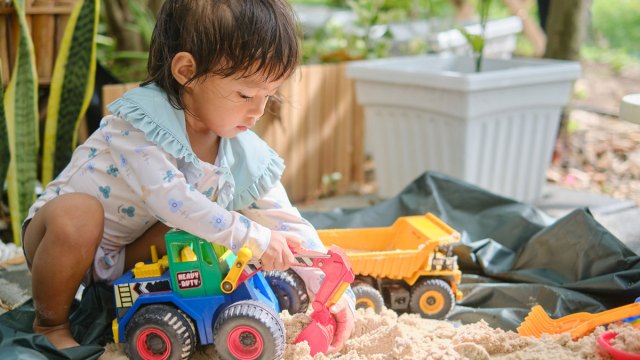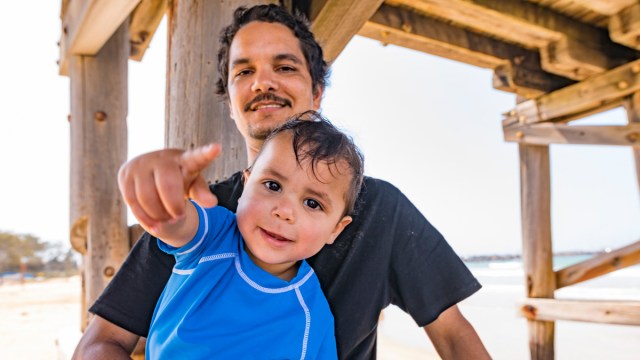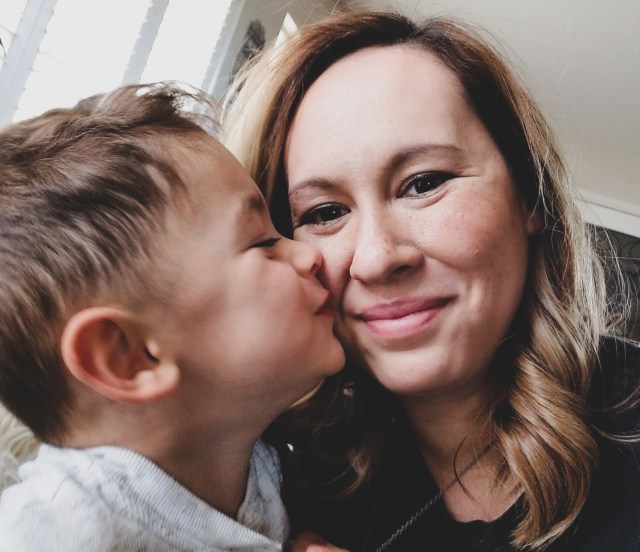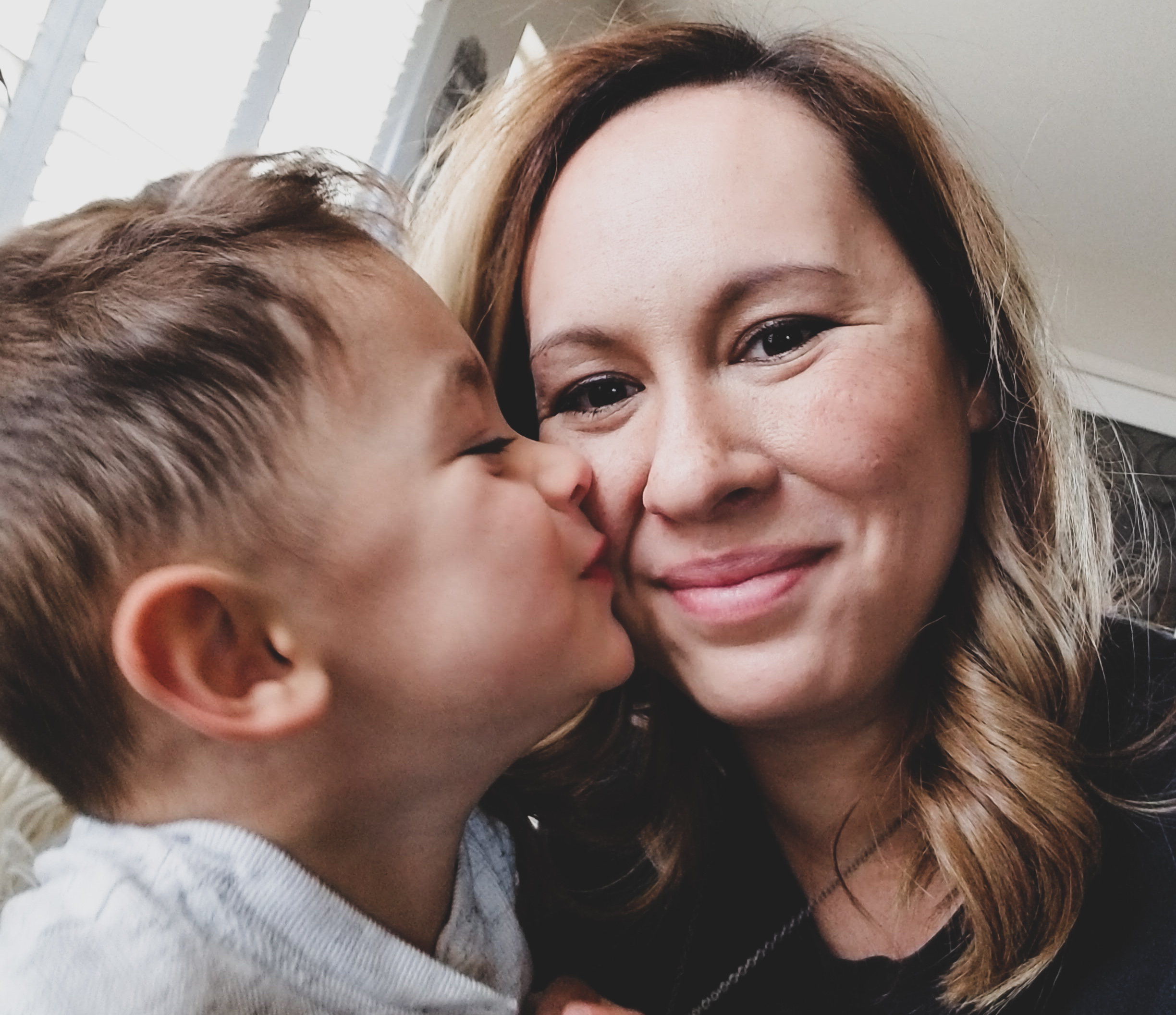A mom is asking the internet if she’s in the wrong for asking a family member to quit gifting her daughter “boy” items
You can always count on Reddit’s “Am I the A**hole” forum to deliver some of the most jaw-dropping content the internet has to offer, and today is no exception. This mom took to the site to ask if she’s the a**hole for insisting that her relatives stop buying “boy stuff” for her 2-year-old daughter—even though she likes and wants that “boy stuff.”
“I am in a pickle,” she wrote. “My sister’s husband keeps buying my daughter toys and clothes that one associates with boys, and some of them are not cheap either. My daughter is two and she does take after her father and in boy clothing she often gets mistaken as a boy. My daughter does enjoy the toys, and I can see past it since I know he loves his niece. Her father does not, and I am sick of hearing his mouth and tbh I also do get annoyed seeing him treat her like a boy.”
AITA for telling my sister’s husband to stop buying my daughter “boy” toys?
byu/BandComprehensive301 inAmItheAsshole
She continued, “I would much rather he stop gifting her things, but he just cannot say no to her. I get it that I have a dated view but it is frustrating having people mistake her for a boy. I have tried to have a conversation with him, but he is argumentative by nature what do you expect from an autistic attorney? I hate the fact he comes at me with a logical response to my emotional plea. He is disrespecting my wishes as a parent.”
Already, oof. But it gets worse, because of course it does.
“I told him if he cannot stop buying her stuff then he cannot see her,” the mom wrote. “My sister is upset with me because he told her. I just explained I do not want my daughter to be viewed as a boy she is already seen as one. My sister told me to get over my issues and stop projecting shit on my daughter. So I told her if she cannot respect my issues then she is also free to never see her again either.”
She ended her post, “Our mom thinks I am blowing this out of proportion, but I feel as a parent my request was reasonable and all he had to do was respect my wishes instead of talking down and disregarding my concerns.”
What a doozy. Also, what year is this mom living in? Because last time we checked, it’s 2023, and the idea of “boy toys” and “girl toys” is beyond outdated. Especially if this poor kid enjoys the toys that are being bought for her, just let her play, for crying out loud.
Luckily, the people of Reddit delivered swift judgment on this mom.
“How vain of you to be more concerned about what other people think than what your daughter enjoys. Gross,” the top commenter wrote.
Another highly upvoted commenter added, “Jesus, she’s two. The uncle is being a good uncle by giving her things that he knows she will like. At two years old kids are genderless. And if you raise her to feel ashamed of the things that she likes you’re doing more damage than good. Who knows she may grow up to be very successful in a male-dominated profession like engineering because she was encouraged to try things and feel good about them regardless of her gender.”
Another reads, “YTA (you’re the a**hole). Someone who loves your daughter is buying her toys she likes. That’s what matters and everything else is just your weird hangups. You should really start working through this in therapy because your need to hyper-gender your daughter will be extremely damaging to her as she grows up.”
And we especially love this comment: “I once read somewhere: ‘Is this toy operated by specific genitalia? If NOT, it is for all genders to enjoy.'”
Needless to say, this mom needs to chill out and let her daughter enjoy her toys. And can we all agree that the idea of gendered toys is tired? Yes? Great.





























